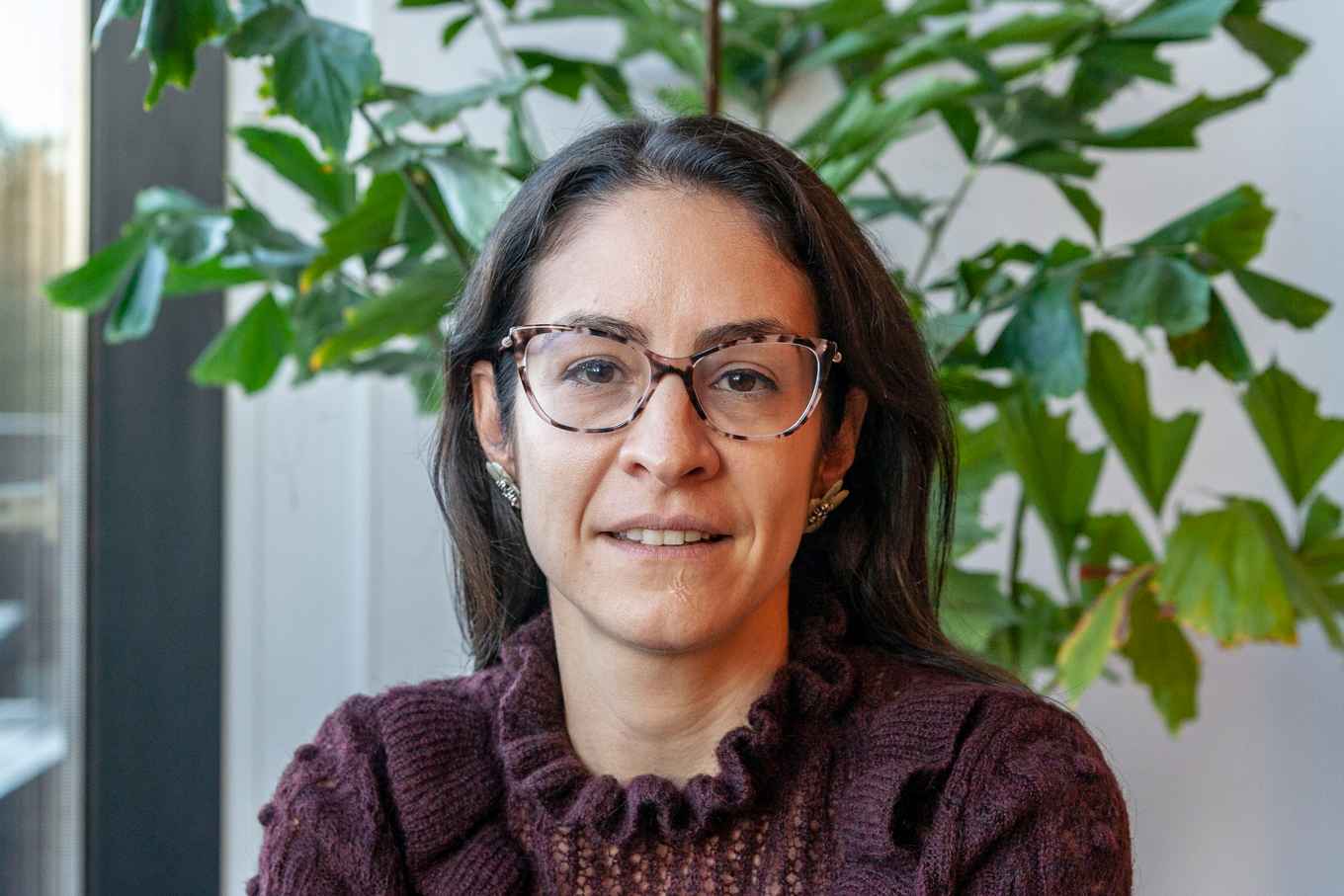Visiting fellow Luísa Netto
21 October 2019

As public attorney she gives legal advice to Public Administration on matters concerning fundamental rights, constitutional law and administrative law, as well as drafts petitions representing the State in various fora and Courts. At university, apart from conducting research on fundamental rights, administrative procedures and public participation, she lectures for graduation and postgraduation law students and supervises their final papers.
Luísa has been writing and publishing on fundamental rights – especially social rights and the principle of non-retrogression in fundamental rights – and democracy, so far mainly within the Portuguese speaking community.
She holds a PhD in Political Legal Sciences from the Classic University of Lisbon (Portugal) and a Master in Public Law from the Federal University of Minas Gerais (Brazil). Her PhD research was funded by the European Union (Alban Programme de Bourses de Haut Niveau de l’Union Européenne por Amérique Latine) and by the Portuguese Science and Technology Foundation.
Her thesis focused on the open nature of the fundamental/human rights system; she argued that this system must evolve in order to respond to the changing challenges faced by human dignity, what is commanded by an implicit principle of openness. She presented normative foundations for this principle and approached the recognition of “new” rights, developing criteria to identify the substantial fundamentality of these unwritten rights. In this task, where openness must be balanced with closure to avoid weakening the system, the interaction between constitutional and international law became a key aspect which should be further explored during her postdoctoral research period as visiting scholar at Amsterdam Centre for International Law (ACIL) at the University of Amsterdam (UvA).
At ACIL, Luísa will be conducting research on the right to enjoy the benefits of scientific progress and its applications (REBSP), within the project “The Human Right to Science”, under the supervision of Professor Dr. Yvonne Donders. The goal is to produce significant and innovative results “to increase the knowledge and understanding of the REBSP and to raise awareness of the existence of this right and of its content”.